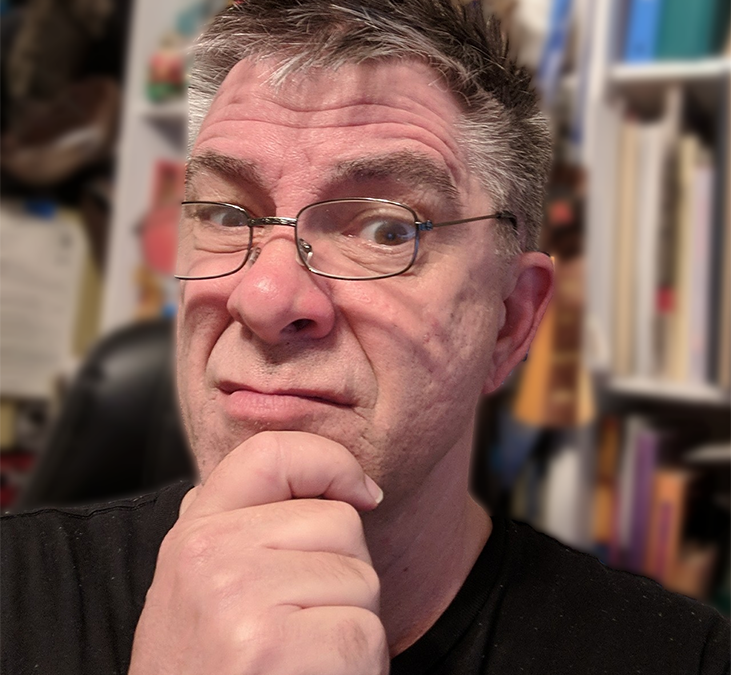
Juniper Fairchild and the Alterwhere | The Search for Agency
I’ve finished the third draft, and still frankly doing little tweaks here and there. I’ve learned that most agents, if not all of them, request the first three chapters of the book to read when you submit a query, so I’ve been polishing. A word here, a phrase there, suddenly it all seems to have outsized importance. And then, of course, it makes me want to go through the entire book and do that to every chapter.
When I’m alone with my thoughts, when I’m writing the story, that’s the sweetest, most engaging part of the entire process, but now I’m faced with having to do the one thing I’ve never ever been good at, the one thing that terrifies me more than anything else I’ve ever done in my entire life that didn’t involve doing something like playing electric guitar and singing on stage, solo, in front of an auditorium filled with my high school peers and their parents (this was when I was 17), encountering a band of thieves in my own home, led by someone I thought was my best friend (this happened when I was nineteen), or diving in the driver’s side window of my mother’s borrowed car to grab the emergency brake as it was about to dive off a cliff off the end of a pier into the Pacific Ocean (this happened when I was twenty), or having to pull over to blow out an engine fire on my way to work and then get back in the car and drive the rest of the way to work (this happened when I was 40).
I have to sell an agent on the idea of representing my book to a publisher.
I’m terrible at salesmanship. Throughout my life, any time I’ve been confronted with having to do it, it’s always been a horrible experience and I’ve failed at it miserably. But this time I can’t afford to fail, because the rest of my career as a writer depends on my being able to pull just one more miracle out of that dark secret place in the back of my trousers where flying monkeys come from.
I’m doing all the things I think I’m supposed to. I’ve gotten myself an annual membership on QueryTracker, which is a web site meant to help you find agents and keep track of whom you’ve submitted to and what they said, or didn’t say, afterwards. I’m considering entering BookPipeline’s unpublished author’s contest. To be honest, though, I have no idea if that’s a good idea, or if it would help me in the slightest. They don’t even start judging until September, and that seems a very long time from now, and I’m impatient to get started pitching agents.
I’m told that I need to start working on my next book while I work on selling this one, because the publishing industry runs at the speed of books, which is to say, not very speedy at all. Even if I get an agent right away, which isn’t terribly likely, I might see my seventieth birthday before the book is published, assuming it ever gets there. This prospect does not fill me with confidence. I’m sixty-eight now. I don’t want my life to go by while I wait to see if I get to be a real writer. Frankly, the odds aren’t good.
I will tell you something, though. The reason most people fail at getting an agent is that their work isn’t finished before they submit their queries, or they query the wrong agents because they haven’t done any research, or they can’t follow simple instructions given them by the agents. Frequently they just have no idea how writing a novel works, and have written something unreadable, and their books are nowhere near where they need to be to submit. Your book doesn’t have to be in its final, polished, perfect form, but it needs to be as good as you can make it, and it should have been through the hands of a professional editor before you submit (mine now has). The odds of my getting an agent are probably far, far better than I believe they are, because most of the field is just self-disqualifiying.
Now that my manuscript is finished, the real adventure begins.
Wish me luck.



Recent Comments